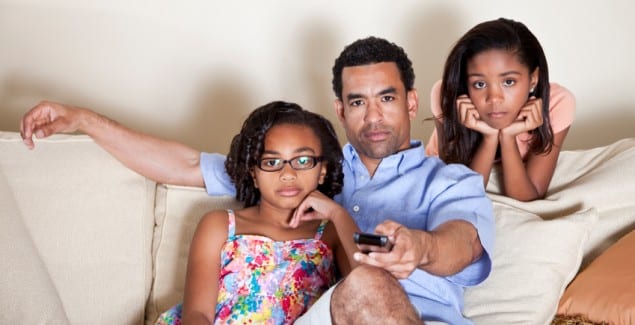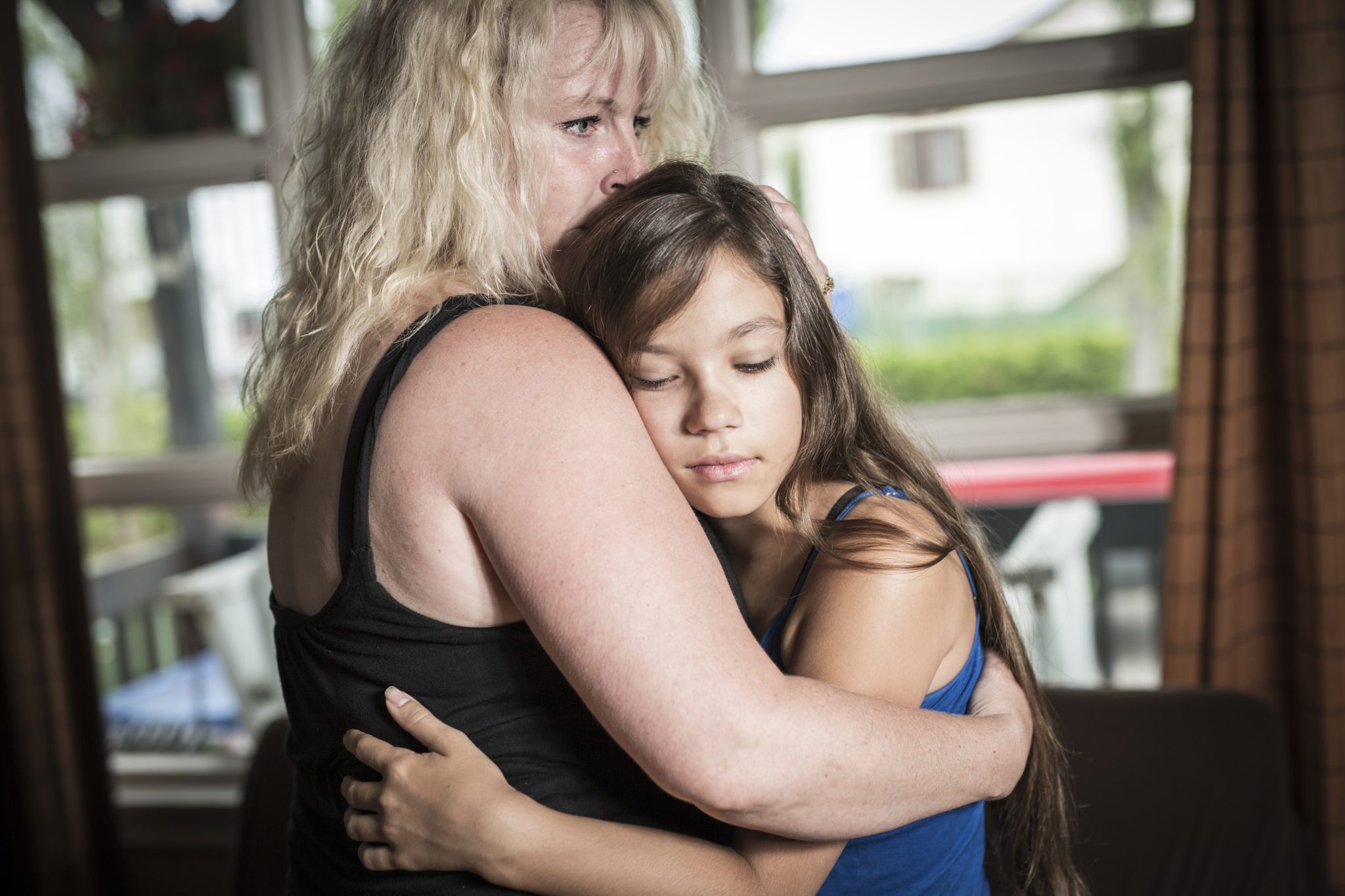Should the TV Be On or Off During Times of Breaking News?

Posted in: Patriots' Day Project
Topics: Child + Adolescent Development, Digital Media
During times of “breaking news,” we are all drawn to our TVs, phones and computers for information. This was especially true throughout the 2013 Boston Marathon bombing and lockdown, when we found the drama usually reserved for action-adventure movies playing out in our own neighborhoods.
In interviewing several hundred families* about the bombing and subsequent lockdown, we learned that more than half of households had the TV tuned to media coverage for “most of the day.” In addition to television, however, a number of children were also learning about the bombing and lockdown via Twitter, Facebook and the Internet in general. This finding was particularly true for adolescents, who were more likely than younger children to watch TV or communicate with friends using social media.
For those of us who watched the news during that week, it’s hard to forget the image of the elderly man blown to the ground when the bomb went off; the pictures of injured fans; the images of S.W.A.T. teams going door-to-door; the looks of fright that filled the faces of our neighbors as the city was locked down. And, at a time when news stations barely broke from LIVE coverage for days on end, we saw those images over and over again.
It is unclear clear what the impact of this type of exposure may have on children during times of crisis. Our research suggests that the children who were most affected by the bombing were also those who watched the most television coverage of the event. Our survey suggests that those children with the greatest amount of media exposure (over 8 hours) were significantly more likely to experience ongoing distressed behaviors in the months following the events. While we cannot assume from these findings that the distress is caused by the media exposure, the correlation between these findings should give parents pause when thinking about how much media their child should be exposed to during such crisis events.
So, how do parents balance the desire for updated information with the goal of not frightening their children?
Here are our tips for future breaking-news events:
- First and foremost, you know your child. One child may react to TV coverage of the events with worry, another may be silent and watchful, another may be very talkative and yet another may be aggressive or irritated. Parents are the experts on their own children, and they know what typically upsets or helps them. In preparing for the next breaking-news crisis, think about how your child handled the last one. Paula K. Rauch, M.D., director of the Majorie E. Korff Parenting At a Challenging Time (PACT) Program, reiterates: “A crisis may feel like totally new parenting territory, but reminding yourself of the ways your child reacted to smaller challenges, and which supports were and were not helpful, is a good guide to follow. Having confidence in yourself helps your child feel confident too.”
- For very young children, turn the TV off. It is hard for them to understand that the continual coverage does not represent multiple events, and there is little to be gained in having them watch footage of injured people or traumatic events on repeat. Ask yourself, “Would this footage be included in a G-rated movie?” If not, then turn off the TV.
- School-aged children will notice when school is cancelled, or when Mom isn’t headed to work. They are also keen observers who will pick up on your own worry as you watch television. Inquire about their scared or worried feelings; using the language of “good guys” and “bad guys,” reassure them that your home is a safe place. Dr. Rauch adds, “Children this age often like to engage in activities with parents, like cooking, building, playing a game or doing chores together. Redirecting your attention to your child and a shared activity creates a relaxed environment, one in which lingering questions or concerns may be expressed.”
- Adolescents may need more parental scrutiny than usual. Talk to the teens in your life about the texts, tweets and wall posts they may be receiving. Ask them, “What are you hearing from your friends about what is going on?” Encourage media breaks, and check in often. This is especially true if your teen is using Twitter or Facebook for information—these kinds of posts do not undergo journalistic fact-checking, and can therefore be prone to inaccurate information.
- Do not assume that being able to handle the violence of a PG-13 movie means that your child can handle the stories of violence occurring within his or her own neighborhood.
- Turn off the television or radio if nobody is in the room.
- If the TV does need to be on, change the station to an age-appropriate movie or children’s TV show.
* As part of the Patriots’ Day Project, the Marjorie E. Korff Parenting At a Challenging Time (PACT) Program and The Clay Center for Young Healthy Minds completed a phone-based survey of 400 parents in Boston and surrounding communities in January 2014. Visit www.mghpact.org or mghclaycenter.org for more information on this survey.

 Share
Share Tweet
Tweet




